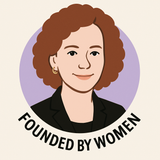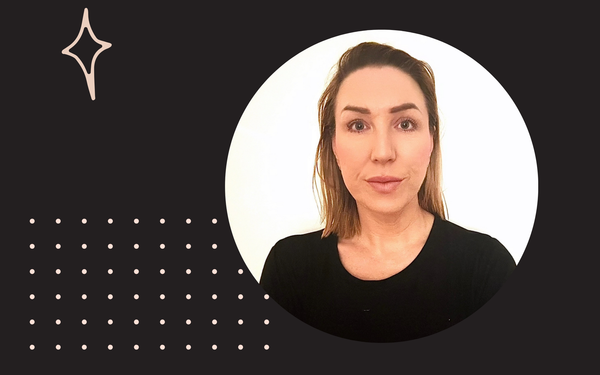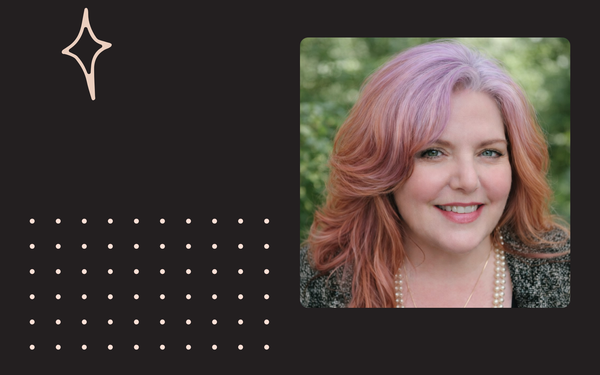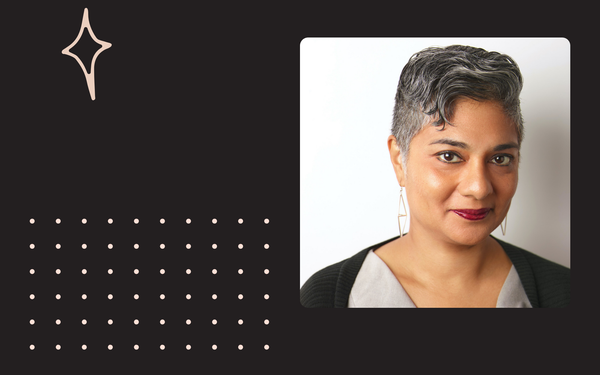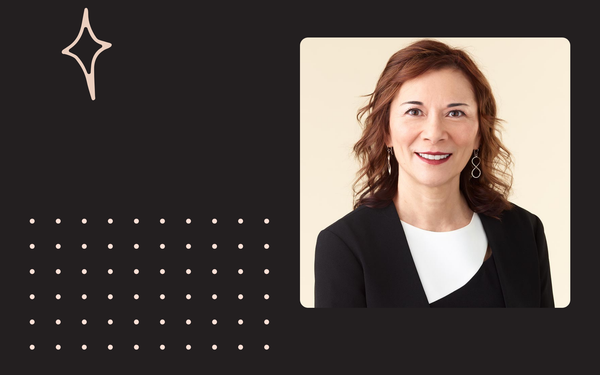From Family Travel Frustrations to Global SaaS Success: How Noelia Novella Built Doinn into a 20-Country Housekeeping Platform
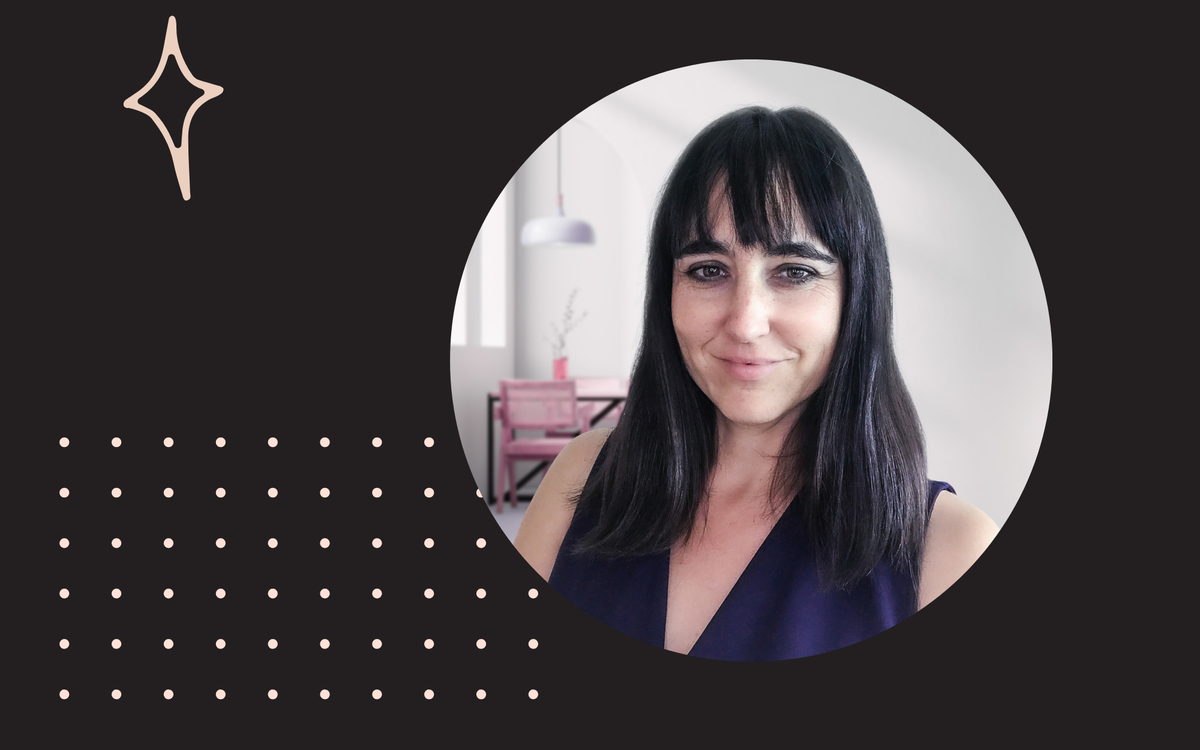
When Noelia Novella embarked on a round-the-world trip with her family in 2013, including two babies aged 10 and 30 months, she never imagined that her frustrations with inconsistent cleaning standards in short-term rentals would spark a global business revolution. Today, as CEO and co-founder of Doinn, she leads a comprehensive SaaS platform that serves over 1,000 companies across 20 countries, transforming how property managers and cleaning companies operate in the hospitality industry.
What started as a marketplace connecting property owners with professional cleaning services has evolved into an all-in-one operations platform that automates housekeeping workflows, integrates with property management systems, and uses AI to optimize task scheduling. Doinn's journey from addressing a personal pain point to becoming a trusted solution for vacation rental operators worldwide exemplifies the power of identifying real market gaps and building sustainable, scalable solutions.
As a mother of two managing a global team across three continents, Noelia has navigated the challenges of scaling an international business while maintaining family priorities. Her approach combines strategic thinking with empathetic leadership, particularly evident during the COVID-19 pandemic when she pivoted Doinn's strategy, expanded into new markets like the Dominican Republic and Mexico, and successfully transitioned from a marketplace model to a SaaS platform.
In this Q&A, Noelia shares her insights on turning travel frustrations into entrepreneurial opportunities, building resilient businesses during global crises, and leading distributed teams while maintaining work-life balance. Her story offers valuable lessons for female founders on recognizing market opportunities, navigating major business pivots, and scaling purpose-driven companies in the digital age.
Question 1: From Family Travel to Founding a Platform
Your inspiration for Doinn came during a round-the-world trip with your family, including two babies, in 2013. What specific experiences during that journey made you realize there was a gap in professional cleaning standards for short-term rentals?
We all grow up expecting hotel-level cleanliness when we sleep away from home. On our round-the-world trip in 2013, my children were 10 and 30 months old—still crawling and playing on the floor—so hygiene wasn’t optional. In many peer-to-peer rentals back then, we’d find traces of the host family—like hairs on the floor—along with dust bunnies, mixed linens, or sticky kitchens. There were no standardized checklists, no professional turnover teams, and no real accountability.
How did you transition from identifying the problem as a traveler to building a SaaS solution as an entrepreneur?
We didn’t start as a SaaS—we started as a marketplace. In the early days we offered not only cleaning, but also local experiences and online tickets for guests. After joining a startup accelerator in Lisbon, we narrowed the scope to the core pain: reliable, hotel-grade cleaning and operations.
As the marketplace grew, something interesting happened: customers wanted our technology even when they weren’t using our providers. Property managers asked to run their own teams on our workflows—scheduling, checklists, vendor coordination, and proof-of-service—because that’s where the real consistency and efficiency came from.
So we productized the tooling. In 2023 we launched Doinn as a SaaS, turning those marketplace operations into a platform any operator could use. That shift gave us the scalability we needed, and today we serve users in 20 countries with a software-first approach that standardizes operations and reduces the day-to-day friction.
Question 2: Building in Crisis and Scaling Globally
You launched Doinn in 2015 and have grown to serve How did you navigate the challenges of the COVID-19 pandemic when the hospitality industry was devastated?
We were fortunate to close funding just before COVID—originally earmarked for our U.S. launch— and that runway became our life jacket. We paused expansion, protected our people, and focused on cash discipline while keeping the core team intact.
Then we used the quiet months to upgrade the engine: we rebuilt workflows, tightened QA with checklists and photo proof-of-service, improved scheduling and integrations, and documented lean playbooks so we could scale efficiently when demand returned. In parallel, I doubled down on industry education—speaking at webinars and workshops on cleanliness and operations. With few voices specializing in cleaning for short-term rentals at the time, we earned trust and helped shape best practices.
By the time travel picked up, we were leaner, sharper, and ready—with better processes, stronger brand recognition, and a product that operators could adopt quickly
What strategies helped you pivot from B2B to B2C and expand into new markets like Brazil during such uncertain times?
We expanded into the Dominican Republic and Mexico in 2020 because, despite global travel restrictions, both markets remained relatively open to tourism. In practice, we learned it was still early for us—operator readiness and infrastructure weren't yet aligned with our model. We re-entered Mexico in 2024, and the timing is much better: cleaners now use smartphones, operators want tighter quality control, cost savings, and fully digitized workflows—an ideal fit for our tech.
We've never been B2C. Our customers are property operators and cleaning companies, and they've scaled with us: in the beginning we worked with managers of about 10 homes; today we have users overseeing portfolios of 500+ properties.
Question 3: Leading a Remote Team Across Continents
As a mother of two managing a global team across three continents, how do you balance the demands of scaling an international business with family life?
I balance it by design, not by chance. First, the team: hiring for a remote, multi-time-zone company is a different profile—self-starters with strong written communication, clear ownership, and time-zone empathy. Then the system: we run async-first with documented playbooks, decision logs, and SLAs, and we minimize meetings to a few overlap windows with tight handoffs across continents. My HR background helps— I invest in bonding rituals (virtual coffees, peer mentoring, purposeful offsites) so distance doesn’t erode trust.
On the family side, I treat time like a P&L: I block my calendar for my kids—school runs, dinners, weekends—and I protect those blocks as seriously as a board meeting. If a late call is unavoidable, I’ll work after bedtime, but I make that the exception and rotate coverage so it’s sustainable for the team. Clear boundaries, proactive planning, and the right people and processes let me scale the business without letting family life become an afterthought.
What leadership lessons have you learned about building company culture and maintaining team motivation when working asynchronously across different time zones and personal challenges?
We know each other extremely well. Most Doinners have been with us for over seven years, and many have even stayed a few days at our home—whether in Lisbon, Madrid, Leuven (Belgium), or Singapore. We share the same values, and Doinn’s culture isn’t about hours clocked; it’s about outcomes. We focus on hitting goals and bringing the best of ourselves not only to the company, but to our lives. With that foundation, time zones and long distances fade into the background—they don’t really matter.
Are you a woman leader with an inspiring journey to tell? Founded by Women is on a mission to elevate and amplify the voices of women making an impact.
If you're breaking barriers, driving change, or paving the way for others, we’d love to feature your story. Get in touch with us today!
👉 hi@foundedbywomen.org
